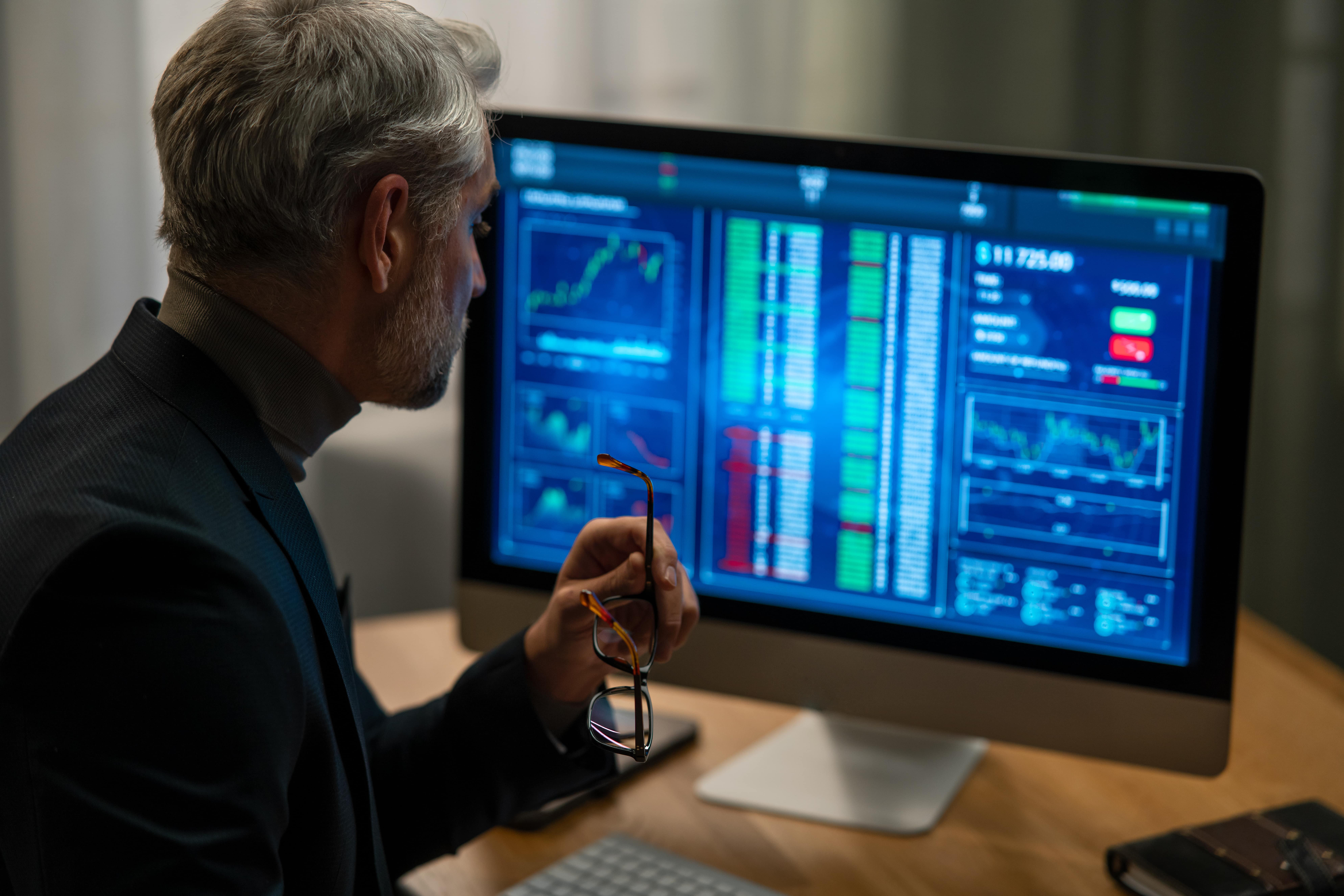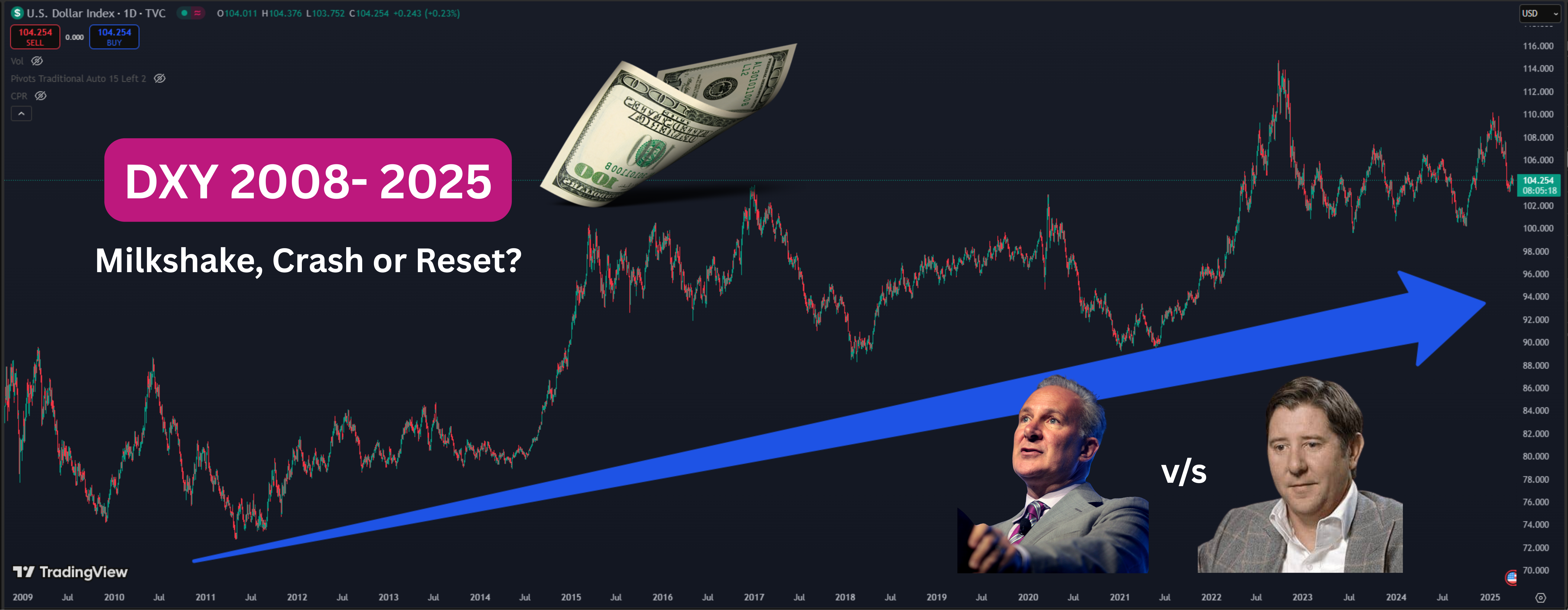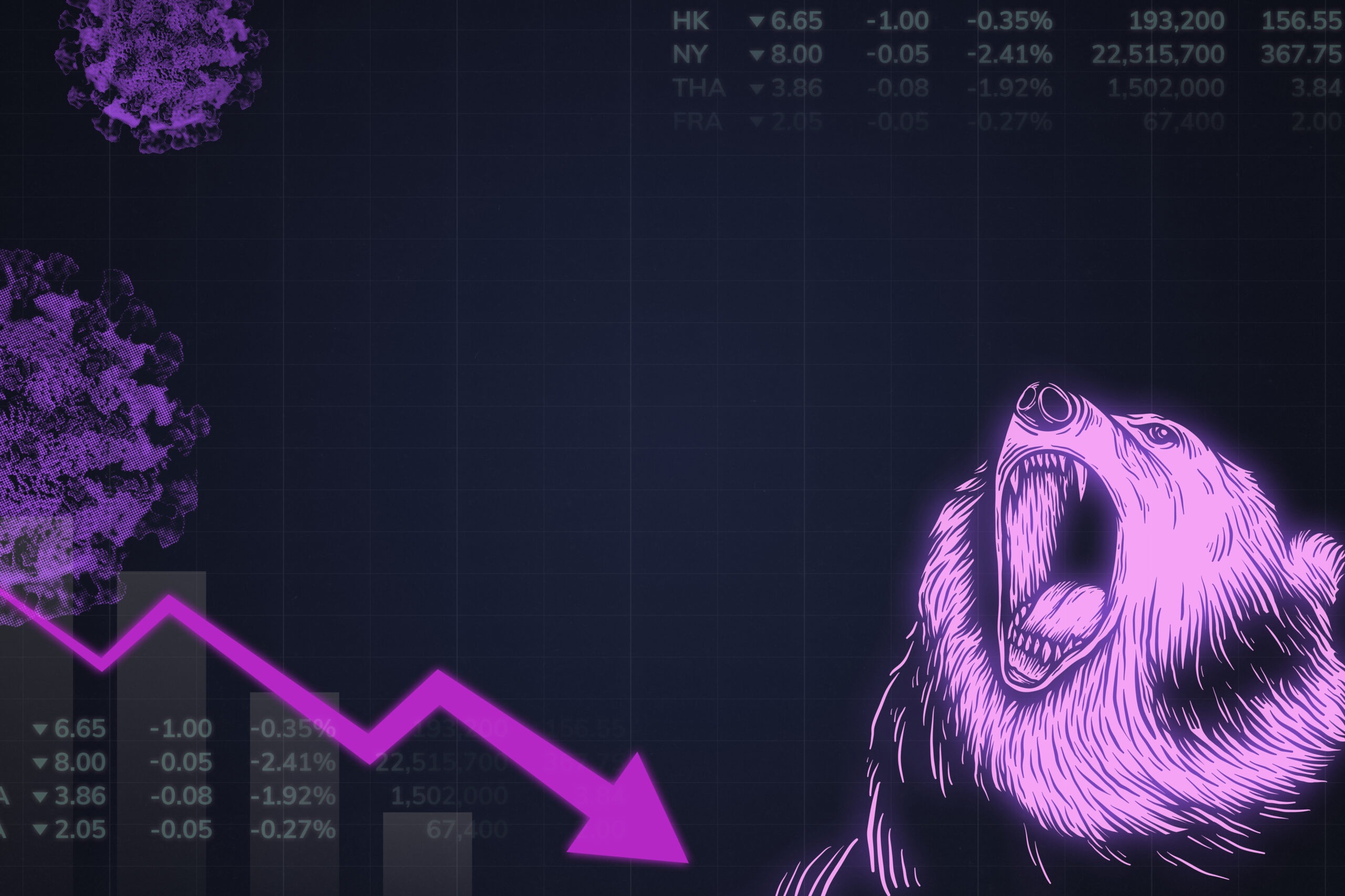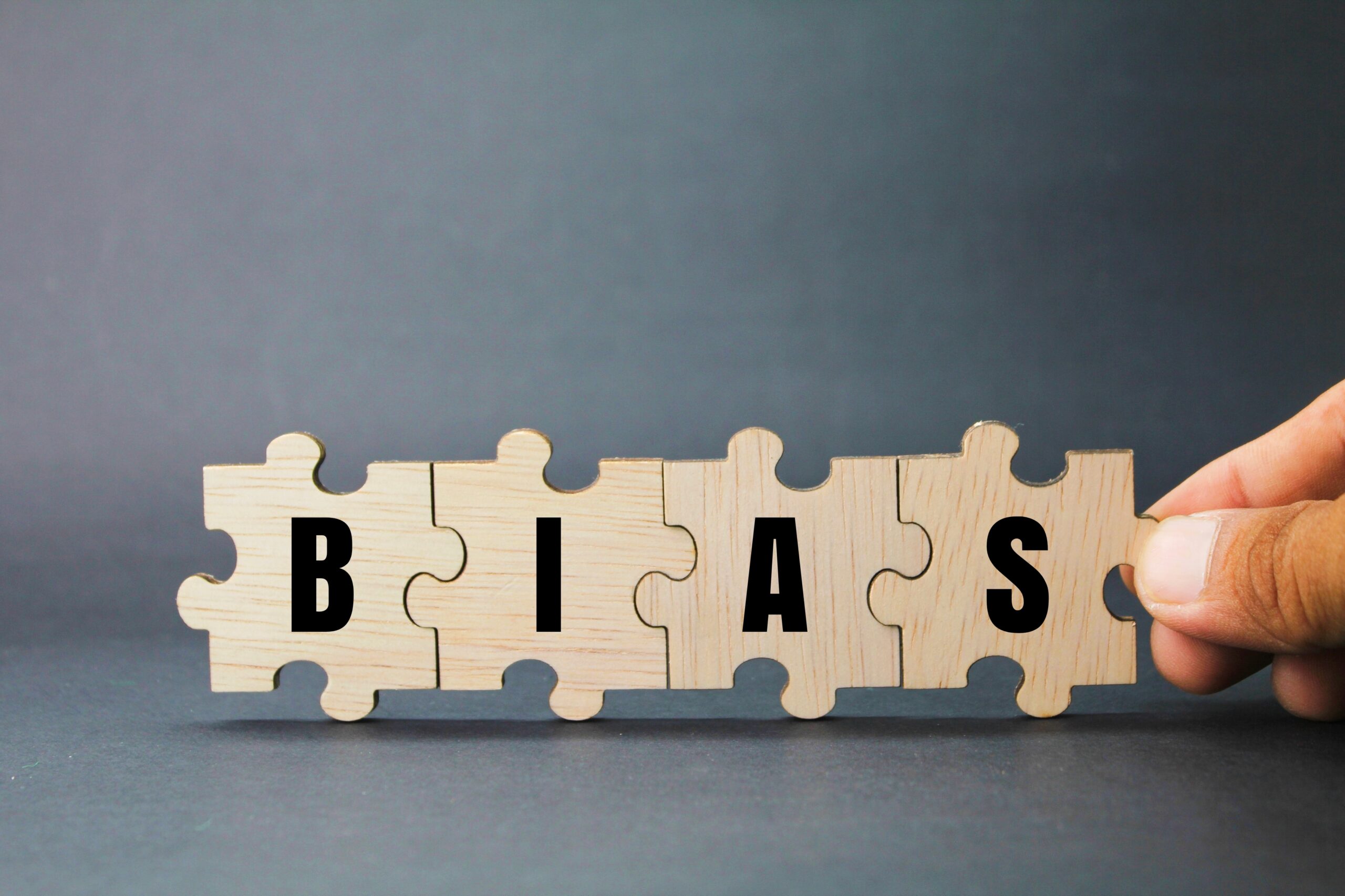The Lie You’ve Been Sold
You’ve seen the flashy ads: Traders posing with sports cars, vacationing on private islands, and promising financial freedom if you follow their trading strategies. They make it seem easy, like success is just a matter of “picking the right stocks” or learning the latest “sure-fire” system. But here’s the uncomfortable truth:
It’s not about the system. It’s about YOU. It, about your trading psychology.
Yes, you heard that right. The biggest factor in your success or failure in trading is your own mind. And the sad part? Most traders are too blind to realize it until it’s too late. Trading psychology isn’t just some fluffy concept; it’s the backbone of every successful trader’s career. So why do so many people ignore it?
Because facing your psychological weaknesses is terrifying.
Let’s dive into the dark side of trading psychology that no one talks about, using real-life examples that might just hit too close to home.
The High of Winning: The Addiction No One Warns You About
Remember that time when you hit a winning streak? You made three, four, maybe five trades in a row, and every one of them was green. Your confidence skyrocketed, and you started feeling invincible. You thought, “I’ve got this!” But then, just as quickly, it all came crashing down.
Take John, a successful trader who made $20,000 in a week. Feeling like a genius, he doubled down on his next trades. Why not? He was on a roll. But then, one bad trade turned into two, and before he knew it, he was deep in the red.
John’s mistake? He got addicted to the high of winning.
Winning feels good—so good, in fact, that it tricks your brain into thinking you’re smarter than you are. But here’s the kicker: When you’re at your most confident, that’s when you’re most vulnerable. Your ego tells you to take bigger risks, to ignore your rules, and that’s when the market humbles you.
The Fear of Losing: The Paralyzing Force That Freezes Your Trades
Now let’s talk about Sarah, a trader who had just experienced a massive loss. It was her first big hit, and she was shaken. She watched the market for hours, waiting for the perfect moment to make her next trade—but it never came. Each time she got close to pulling the trigger, fear stopped her.
She was terrified of making another bad call.
The problem wasn’t the market—it was her psychology. Sarah’s fear of losing caused her to second-guess every decision, to the point where she missed opportunities right in front of her. Her need for certainty, her fear of failure, held her back from making logical decisions.
Sound familiar? Fear is a trader’s worst enemy, and yet, it’s something no one talks about until you’re already paralyzed by it.
Overconfidence: The Silent Killer of Your Trading Account
Here’s another truth most traders don’t want to admit: You’re not as good as you think you are.
Take David, a trader who made steady profits for two years straight. His strategy seemed flawless. But when the market shifted, David refused to believe it. He stuck to his guns, convinced his strategy would work if he just held on longer. His overconfidence blinded him to the fact that markets evolve and that strategies must adapt.
In just six months, David lost all the gains he had made over two years.
Overconfidence leads to complacency, and complacency is lethal in trading. The moment you think you’ve “figured it out,” the market will show you otherwise. Trading is dynamic, and if your mindset is rigid, your account will suffer for it.
The Revenge Trade: The Most Destructive Trade You’ll Ever Make
One of the most damaging psychological traps is the revenge trade. It happens when you lose money on a trade and immediately try to win it back—without a plan. You’re not thinking rationally anymore. You’re angry, frustrated, and desperate to “make things right.”
Here’s a real example: Mark was a day trader who lost $5,000 on a bad trade. Instead of stepping back, analyzing what went wrong, and recalibrating, he jumped right back in. He ignored his strategy, took on more risk, and tried to make up his losses with a single trade. The result?
Mark lost another $15,000 within the hour.
Revenge trading is emotional trading, and emotional trading is a fast track to blowing up your account. The market doesn’t care about your feelings, and trying to “get back at it” is a surefire way to lose even more.
The Mindset Shift: From Ego to Discipline
Here’s the harsh truth: If you want to succeed in trading, you need to master your mindset first.
The market is unpredictable, but your psychology doesn’t have to be. The traders who survive and thrive are the ones who’ve learned to:
- Detach from their emotions during trades.
- Accept losses without taking them personally.
- Resist the temptation to chase after every win or to make up for every loss.
The key isn’t in the strategy or the latest indicators—it’s in the discipline to stick to your rules even when your emotions are screaming at you to do otherwise.
Conclusion: Face the Truth Before the Market Forces You To
Trading gurus love to sell you on strategies, systems, and secrets, but none of it will matter if you can’t control what’s going on between your ears. The real truth about trading psychology is simple: You are your own worst enemy. The faster you accept that and work on it, the sooner you’ll see real, sustainable success.
It’s not glamorous. It’s not fun to admit. But if you want to beat the 90% of traders who fail, you need to stop focusing on what you can’t control (the market) and start mastering what you can (your mind).
Join Our Exclusive Trading Discord Server(No Cost Or Obligation) And Take Control of Your Trading Psychology: https://edge.forex
FAQs
1. Can trading psychology really be more important than strategy?
Absolutely. A solid strategy means nothing if you can’t execute it consistently due to emotional interference.
2. How do I avoid revenge trading?
Take a break after a loss. Clear your mind before entering another trade. Stick to your trading plan and avoid impulsive decisions.
3. How can I improve my trading mindset?
Focus on self-awareness, meditate, journal your emotions during trades, and set strict rules for risk management that you never break.
4. Is overconfidence always bad?
Confidence is good, but overconfidence leads to risk-taking without proper analysis, which is dangerous in trading.
5. What should I do if I’m afraid to pull the trigger on a trade?
Start by scaling down your position size to reduce emotional pressure. Analyze what’s causing the fear, and focus on the long-term outcome rather than the immediate result.



